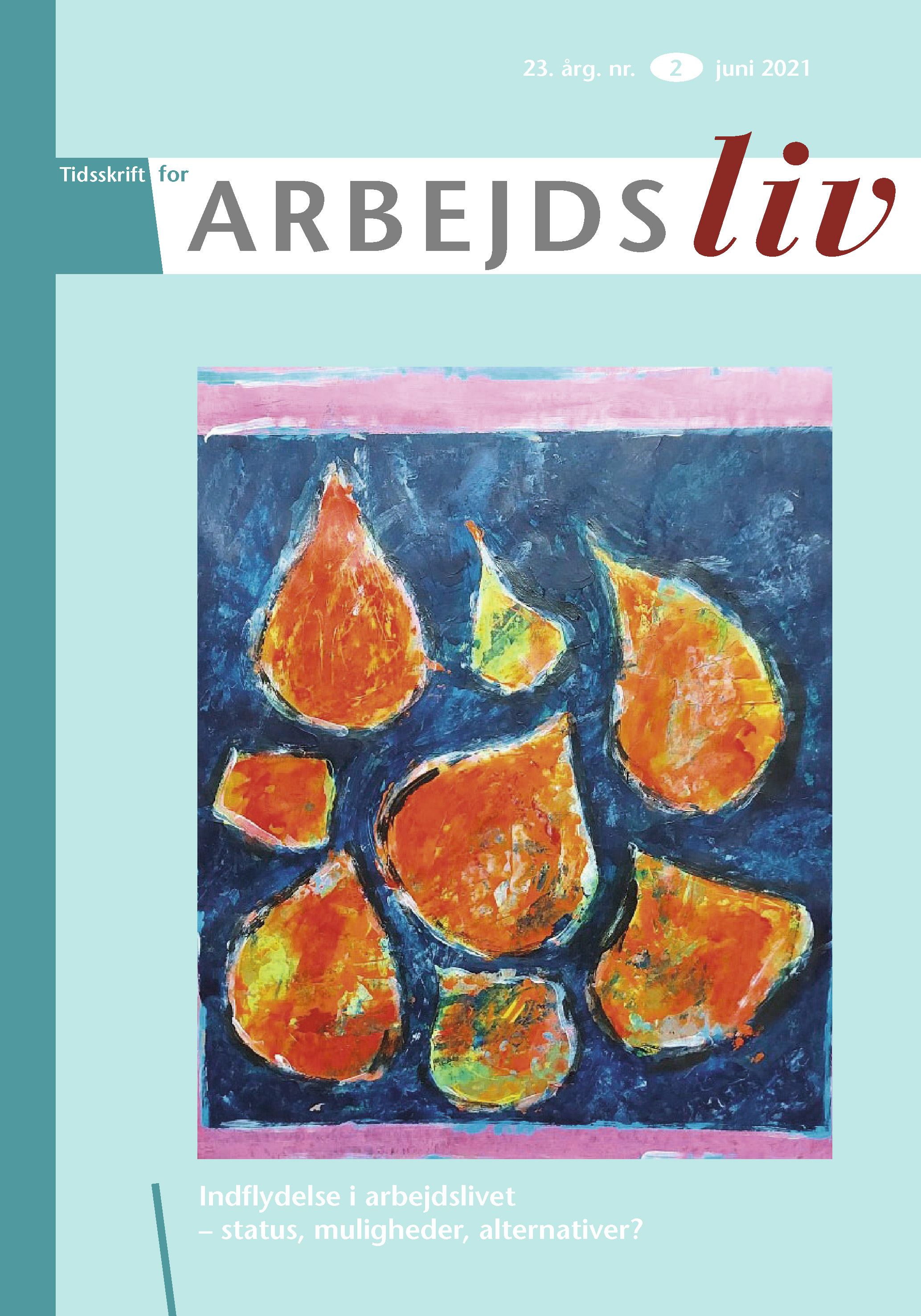Democratization of working life?
ØD between employee participation and macroeconomics.
DOI:
https://doi.org/10.7146/tfa.v23i2.128241Keywords:
Økonomisk demokrati, Makroøkonomi, Overenskomstforhandlinger, Arbejdspladsdemokrati, PolitikAbstract
This article examines the macroeconomic arguments in the political debate on socalled economic democracy (ØD) in Denmark between 1969 and 1987. In 1973, a bill introducing ØD was discussed in the Danish parliament on the initiative of the Social Democratic government and the Federation of Danish Trade Unions (LO). Although the bill aimed at fulfilling several social, political and economic ends, the main part of the literature concentrate on one of these multiple goals: democratization of working life. However, primary sources in the archives of the LO and minutes of the parliament discussions suggests, that macroeconomic considerations was also a crucial component of ØD. Furthermore, a series of articles in Danish economic journals in the 1970’s discussed compulsory profit sharing (OD) as a way to combat the deficit in the balance of payments and the lack of investments following the oil crisis. New bills introducing profit sharing as a way of gaining economic democracy were presented by the Social Democrats in 1979 and 1986, but rejected by the parliamentary majority. During the 1980s, pension schemes became an alternative path to carrying out some of the ambitions in ØD and OD.
Downloads
Published
How to Cite
Issue
Section
License

This work is licensed under a Creative Commons Attribution-NonCommercial 4.0 International License.
Forfattere, der publicerer deres værker via dette tidsskrift, accepterer følgende vilkår:
- Forfattere bevarer deres ophavsret og giver tidsskriftet ret til første publicering, samtidigt med at værket ét år efter publiceringen er omfattet af en Creative Commons Attribution-licens, der giver andre ret til at dele værket med en anerkendelse af værkets forfatter og første publicering i nærværende tidsskrift.
- Forfattere kan indgå flere separate kontraktlige aftaler om ikke-eksklusiv distribution af tidsskriftets publicerede version af værket (f.eks. sende det til et institutionslager eller udgive det i en bog), med en anerkendelse af værkets første publicering i nærværende tidsskrift.
- Forfattere har ret til og opfordres til at publicere deres værker online (f.eks. i institutionslagre eller på deres websted) forud for og under manuskriptprocessen, da dette kan føre til produktive udvekslinger, samt tidligere og større citater fra publicerede værker (se The Effect of Open Access).





